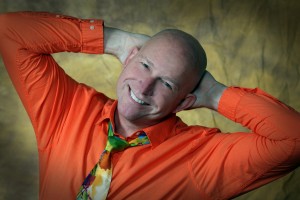Recently, in a conversation with a fellow minister, the term “off Principle” came up. This turn of phrase is akin to another equally offensive phrase, “You’re out of Principle,” which was popular in the 80s and 90s and used frequently by teachers of that generation as a not-so-subtle shaming technique. I have searched and searched the writings of Ernest Holmes and nowhere have I found either of these phrases.
What comes to mind are the equally distasteful admonitions “What’s in your consciousness,” and “How did you create that?” We rarely hear these anymore, and it occurs to me that these phrases are no longer useful or necessary in our kinder and gentler teaching. When I came up through the ranks in the 80s, some of our teachers could not answer the more probing questions we had as advanced students of the Science of Mind, and often, “you’re out of principle” was the stock in trade response from a teacher who wanted to keep us in line. Largely, what I’ve come to learn is that when the tendency to use this turn of phrase comes up for me, it’s because the behavior of the person I am talking to is not in alignment with what I perceive to be the highest and best for that person. I am learning, at this late stage of my development as a spiritual being, that there is a need to separate the act from the actor, as our beloved Dr. Holmes suggested. When I step back as the observer of the behavior of my children or my granddaughter, I can see where the behavior is truly inconsistent with their perfection, and it’s the behavior that needs to be addressed. “God is always God no matter our emotional storm or our objective situation . . .” as Ernest Holmes said, so no matter what the behavior, we can never, ever be out of Principle or off Principle. When I become the observer of the behavior, my reaction is one of compassion and understanding because I know that if they could do better, they would do better. I am simply here to love them through their momentary lapse in consciousness, knowing that when the time is right and all things being equal, they will undoubtedly come through on the other side and remember who they are at the level of Spirit. My job is to “love them to their wholeness” as Ernest Holmes suggested in How to Use the Science of Mind, and this is something I can do very well both as a parent, grandparent, and practitioner.











